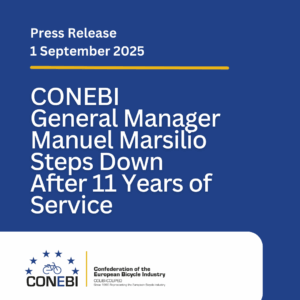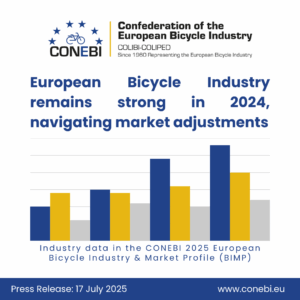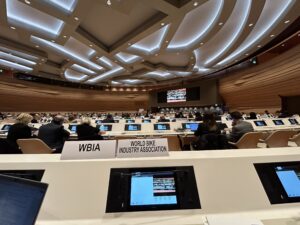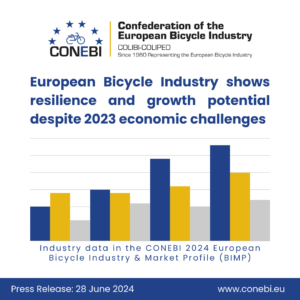Leipzig – May 31 – June 2, 2017
CONEBI attended the 2017 Summit on “Governance of Transport” in Leipzig, organized by the International Transport Forum (ITF), which hosted more than 40 Ministers and Vice-Ministers and provided valuable opportunities to discuss the current shape of Transportation at global level and its future trends.
In their Joint Declaration, Ministers highlighted the changes required to transport systems in the light of the 2015 Paris Agreement, called for responsive regulation to foster innovation and expressed the will to create frameworks for open mobility data. In a message to the Summit, UN Secretary-General Antonio Gutierrez thanked the ITF for working on policies that improve people’s lives and declared that “the United Nations stands ready in promoting Sustainable Transport and Mobility for all”.
Nowadays, a lot of the attention of the Transport community goes to urban mobility: according to the ITF Transport Outlook 2017, cities need to make a choice as soon as possible on how future mobility needs will be met as transport demand in cities will double by 2050.
The right policies can significantly cut transport CO2 emissions in cities: 70% of reductions can come from new technologies, among which electric mobility and other alternative fuels, while 30% of these emissions require policies that change human behaviour, like for instance, incentives for mobility sharing as well as pricing of fuel and parking, just to name a few.
Relying only on cars to provide accessibility in cities is not sustainable because urban sprawl and reliance on cars will require large infrastructure investments so cities need to change their model of development. Indeed, during the summit, an innovative data visualisation tool developed by the ITF showed CO2 emissions related to urban mobility patterns and how they are impacted by measures such as shared mobility schemes, parking regulations and land use planning. Among several questions, an interesting focus was put on the different sets of measures to decarbonise transport while promoting its socio-economic benefits and how exogenous factors such as consumer preferences and business models impact carbon emissions from transport.





